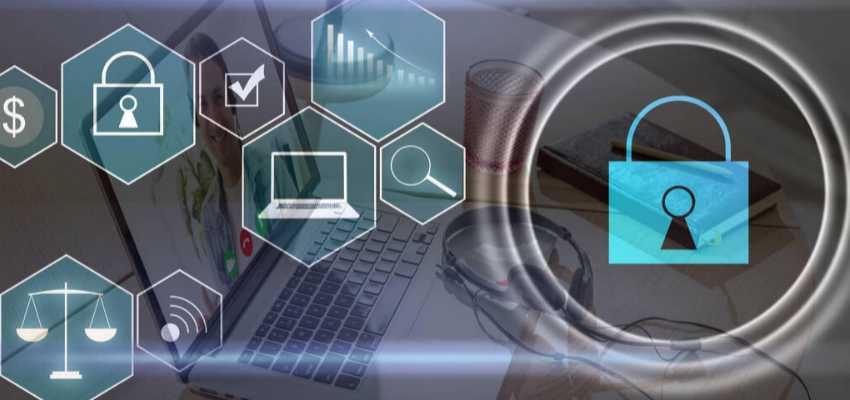Show:
5 Effective Safety Guidelines for your Business
Online business is the best way to make real money and expand your business or career. However, it comes with a risk that you need to avoid by all means. Online scammers and con artists are on the prowl waiting for any opportunity to strike and take away your hard-earned cash; bank account; credit card information; social security number; private pictures; email passwords etcetera – just about anything they can reach.

They have made online business one of their favorite venues not only because of its popularity but also due its anonymity quality which makes it difficult for authorities to track them down. It’s high time you take every step possible in order to safeguard yourself against cyber criminals who are after your cash.
Running a business can be risky, but with careful planning and execution you can minimize those risks. Here are five safety tips to help keep your online business running smoothly:
1. Create a back-up plan
A back up plan is simply a plan that you put into place in case of an emergency. This could be anything from a natural disaster to a cyber attack. It is crucial to have a comprehensive disaster recovery plan in place. In times of crisis, you can call these disaster recovery consultants or rely on your established protocols to swiftly address the situation and minimize the impact on your operations and data. When it comes to your online business, you need to make sure you have a back-up plan for your website, your data, and your finances.
There are a few things you need to do in order to create a back-up plan for your online business:
• Have multiple copies of your data – You should always have multiple copies of your data, preferably in different locations. This way, if something happens to one copy, you still have others.
• Back up your website – Make sure you are able to back up your website. This way, if it gets hacked or you need to make changes to the site, you can.
If something happens to your website or online store, it’s important to have a backup plan in place. This could mean having a secondary website ready to go, or having a list of alternative suppliers ready in case your main supplier goes out of business.
2. Protect your data
Your data is valuable and has the potential to be used in many different ways. Hackers will target your website or store specifically if they know that your data is easy for them to get access to.
Your customers’ privacy needs just as much protection as your own. Make sure you’re encrypting all sensitive information such as payment information and passwords, and take steps to verify the identity of any new employees at your company before they have access to this sensitive information.
Backups are essential for protecting your business against malware, viruses or other problems that can cause permanent damage to your site or store. You should also keep copies of important documents off-site in case anything

3. Health and safety software
Health and safety software is one of the best ways to protect your business from a range of risks. In addition to protecting your business from cyber threats, this type of software can also help you avoid health and safety problems as well as identify criminal activity on your site or store.
It’s important that any health and safety software you use for your business is up-to-date and covers the latest threats. Make sure you also test the software to ensure that it meets your needs.
4. Secure your finances
One of the easiest ways to scam someone is to get their money. Cyber criminals will often try to steal your money by hacking into your bank account or credit card information. They may also try to blackmail you, asking for money in exchange for not releasing sensitive information.
There are a few things you can do to secure your online finances:
• Keep your bank account information and credit card information confidential – Do not share this information with anyone.
• Use secure passwords – Make sure your passwords are strong and unique.
• Install malware and virus protection on your computer – This will help to protect your computer from being infected by a virus or malware.
Make sure your business finances are secure by using a reputable online payment processor and keeping your financial information confidential. Also, be careful about who you do business with online and don’t disclose too much personal information.
5. Stay informed about online threats
Examples of online threats to your business include phishing attacks, malware, and ransomware. Stay informed about these threats and how to protect yourself by subscribing to a reputable security newsletter or blog.
Keep up to date on the latest online threats and take steps to protect your business from them. This could include using anti-virus software, firewalls, and other security measures.
In Summary
Cybercrime is on the rise, and as an online business owner, you are a prime target for criminals looking to steal your money, data, or identity. These criminals are getting more and more sophisticated, so it’s important to take steps to protect your business. Follow these five safety tips to help keep your business safe from online threats.

 Return to Previous Page
Return to Previous Page








